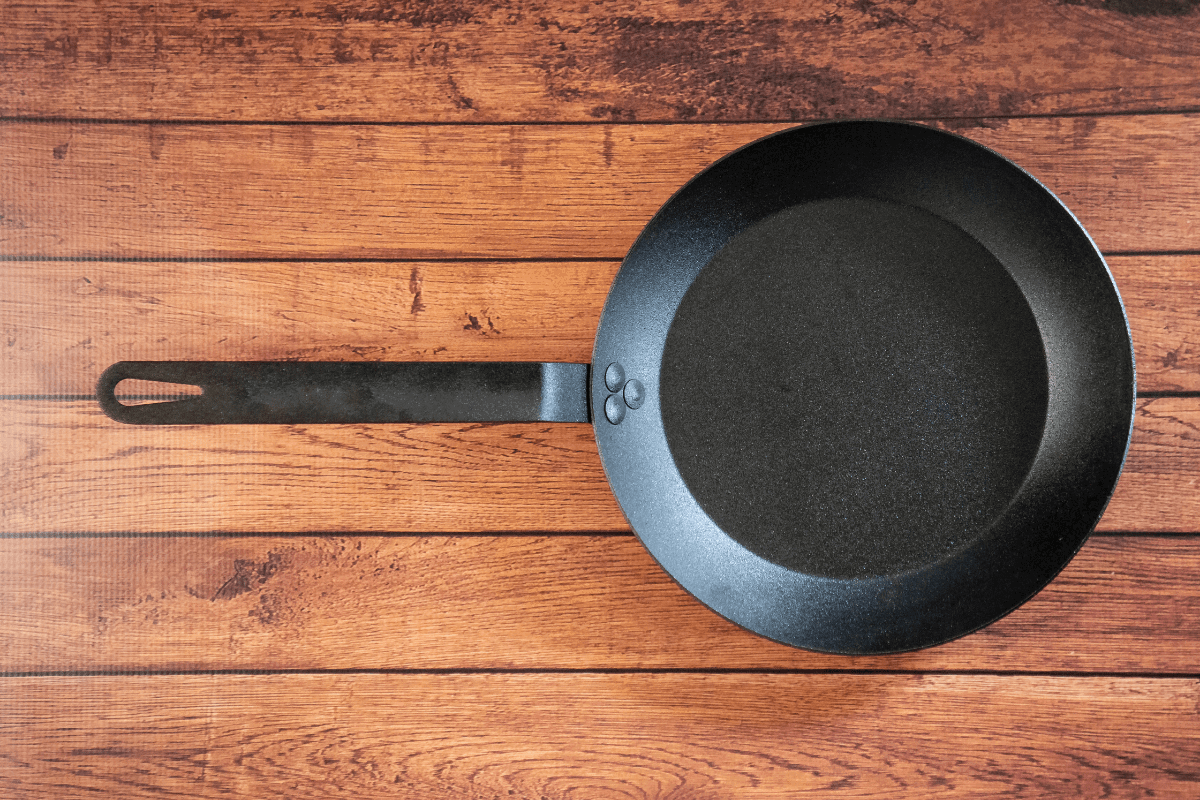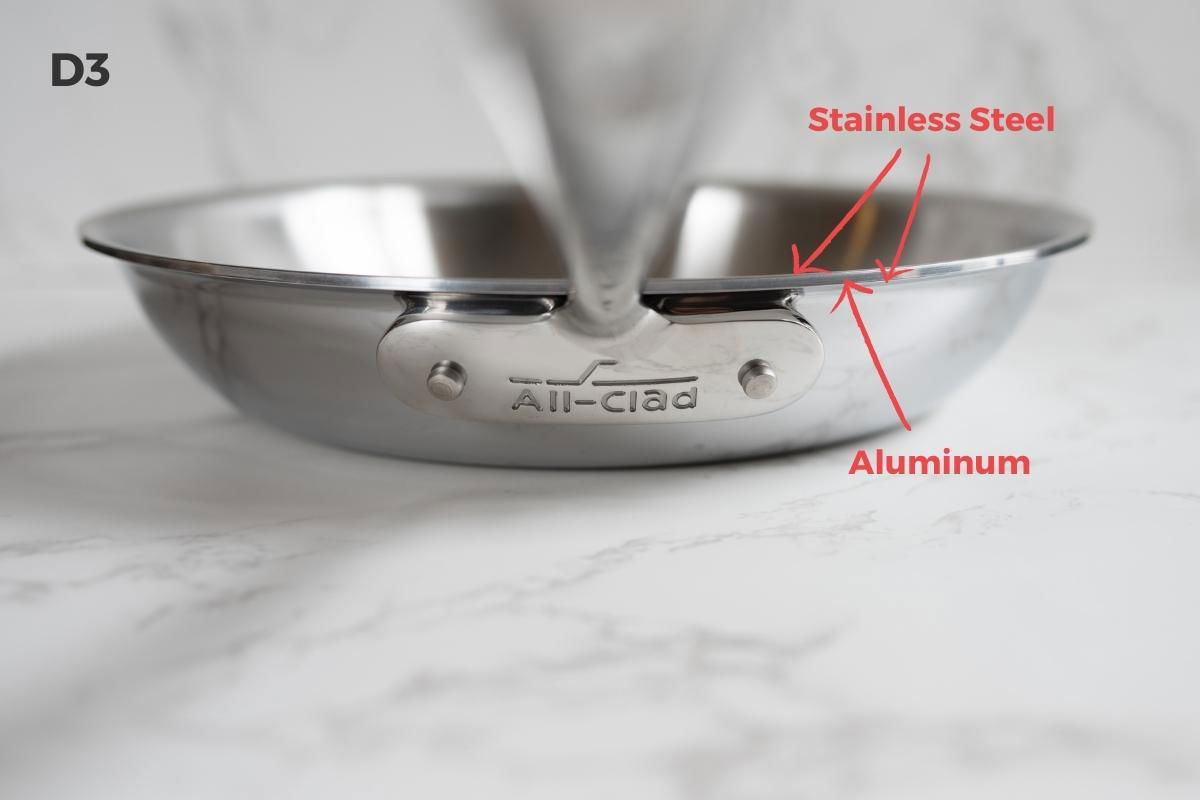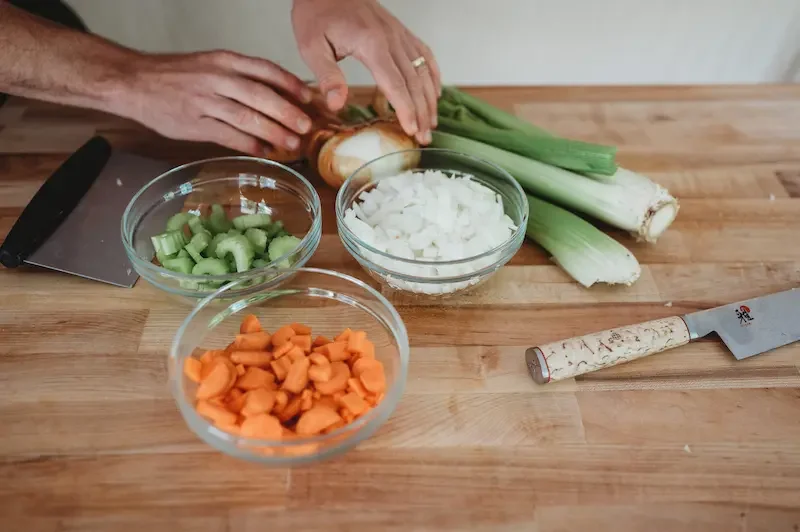Rice vinegar is one of the best vinegars to add a bright and fresh taste to recipes. And luckily, it’s not too difficult to substitute for if you realize you’ve run out.
Also known as rice wine vinegar, this is an essential ingredient for sushi, stir-fries, and quick pickles, to name a few. With some basic ingredients you may already have, its mellow flavor and touch of sweetness can be imitated with success in almost any dish.
This article highlights the flavors of each substitute and how they compare to rice vinegar, so you can quickly decide on the ideal replacement for your recipe.
In This Article
8 Flavorful Rice Vinegar Substitutes
1. Apple Cider Vinegar

Apple cider vinegar is the closest swap for rice vinegar in most recipes. It shines in sushi, salad dressings, and marinades. It also adds flavor to soups, stir-fries, and noodle dishes.
Apple cider vinegar works so well because it has a moderate acidity like rice vinegar. Along with its barely-sweet hint of apple flavor, it’s an easy transition from rice vinegar.
The only downsides of this substitute are that it’s darker in color and has a cloudier appearance.
Apple cider vinegar can be used as a 1:1 substitute for rice vinegar.
2. Champagne Vinegar

This fancy substitute can replace rice vinegar in salad dressings, sauces for dipping, and marinades. It also pairs well with chicken and seafood.
Light in flavor and luxurious in taste, champagne vinegar is fermented directly from sparkling wine.
Since luxury does come with a cost, this vinegar is more pricey than rice vinegar. But for its unique and celebratory flavor, it’s worth it.
3. White Wine Vinegar

Try white wine vinegar in salad dressings, marinades, and dipping sauces for another wine-based substitute. It complements seafood dishes well and can also be used to make pickles.
White wine vinegar does have higher acidity and tastes a little stronger than rice vinegar. For this reason, you may want to make a small tweak to your recipe if you decide to use it.
To do so, use white wine vinegar as a 1:1 substitute for rice vinegar and simply add a pinch of sugar to balance out its more assertive acidity. Your guests may never know the difference.
4. Sherry Vinegar

Sherry vinegar is a specialty vinegar originating in Spain. It complements everything from soups (both hot and chilled) to dressings to sauces. It’s also a good choice as a pickling vinegar.
This substitute is on the mild side and has a slight sweetness like rice vinegar. It’s not overpowering like some vinegars, making it a versatile option.
Sherry vinegar has a more full-bodied flavor than rice wine vinegar, with a hint of nuttiness. So you’ll want to keep that in mind when deciding whether it will blend with your recipe.

Pro Tip: Try the two main types of sherry vinegar from southern Spain: Reserva is aged 2 years in oak barrels and is a bit brighter. Gran Reserva is aged at least 10 years and is mellow and complex. Both are delicious in their own unique ways.
5. Balsamic Vinegar

This dark, rich vinegar is excellent instead of rice vinegar in salad dressings. Try it as a finishing drizzle on meats or fresh strawberries for a big hit of flavor.
Balsamic vinegar is sweet and rich with a slightly fruity taste. Its boldness makes it a wonderful complement to fresh veggies, fruits, tomatoes, and red meat.
This option is much richer and bolder than rice vinegar, so it won’t be appropriate for all dishes. Balsamic is also best when uncooked or lightly heated, so avoid using it in dishes like stir-fries.

Pro Tip: Try balsamic vinegar of Modena for a lighter version that’s perfect in marinades.
6. Citrus Juices

Citrus juices can substitute rice vinegar in marinades and salad dressings. Try them to enhance vegetable and noodle dishes, too.
Most of us usually have some sort of citrus around at home, so this can be an easy last-minute swap for rice vinegar.
Lemon’s flavor suits most recipes and will lighten up anything you add it to. Though if you want something a little milder with more dimension, try lime juice. Lime juice is a tasty addition to most Asian noodle dishes and dipping sauces.
It’s best to go lightly with citrus juices at first and season to taste since they’re bold and can alter the flavor of your dish.
7. Distilled White Vinegar

This household staple can be used in a pinch to replace rice vinegar in pickle recipes and marinades. Aside from being readily available, it’s also inexpensive.
Distilled white vinegar is an extra-strong vinegar that’s way more pungent and acidic than rice vinegar. It’s not sweet either, so it should not be used as a 1:1 replacement.
To use white vinegar in place of rice vinegar, use half of what is called for in your original recipe. For instance, if your recipe calls for ½ cup of rice vinegar, use ¼ cup of white vinegar.

Pro Tip: Try adding a pinch of sugar or a touch of extra water to your recipe if the distilled white vinegar is too strong for your dish.
8. Red Wine Vinegar

This red wine-based vinegar is a flavorful substitute to use in place of rice vinegar. I like to use it in salad dressings, marinades, and pickles. This option also adds a nice acidic balance to savory dishes made with mushrooms and potatoes.
Like distilled white vinegar, use ½ the amount of red wine vinegar to replace the rice vinegar in your recipe. Then, add a pinch of sugar and a splash of water to get it closer to rice vinegar’s hint of sweetness.
Considerations for Rice Vinegar Substitutes
There are many options out there for replacing vinegar in savory cooking, sauces, and pickles. When selecting a substitution, consider how acidic it is compared to rice vinegar. Will it be too sour and risk overpowering your dish?
Remember that you can always use less, add water or sugar to dilute the flavor, or start small and add your substitute slowly until it suits your taste.
It helps to consider the other flavors in the replacement as well, and how it will meld with your recipe. For example, sherry vinegar has a slightly nutty taste that you may not want in your sushi rice. In that case, apple cider vinegar might be a better choice.
Frequently Asked Questions
What’s the best substitute for rice vinegar in cooking?
Apple cider vinegar is the closest substitute for rice vinegar.It has a similar mellowness and slight sweetness, making it a perfect swap.
Can I use mirin in place of rice vinegar?
Mirin is rice wine that has not undergone the second fermentation required to give it a vinegar flavor. As a result, it’s sweeter, has a different flavor, and lacks acidity, so it’s not recommended as a substitute.
Can I use distilled white vinegar in place of rice vinegar?
Distilled white vinegar is much more pungent and sour than rice vinegar. So it’s best for pickling and marinades, and in half the amount as rice vinegar.







